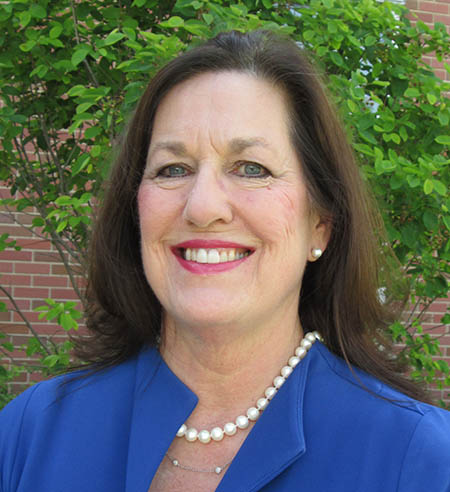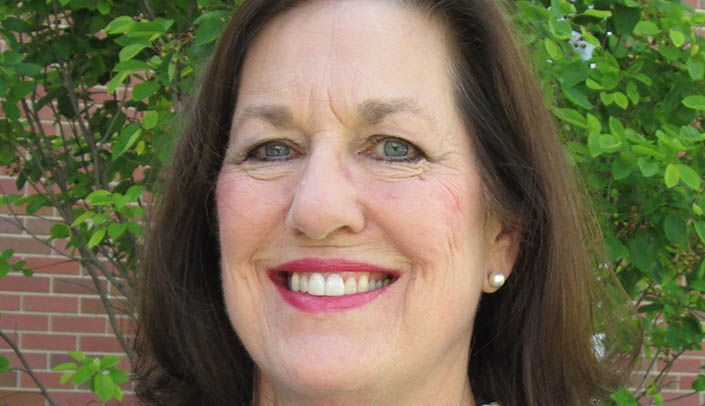“Human trafficking: Can Free Markets Free People?” will be the topic of the John C. Marienau Morality of Capitalism Symposium April 9 and 10, hosted by the University of Nebraska at Kearney College of Business and Technology.
 |
Cathrin Carithers, D.N.P., assistant dean of the UNMC College of Nursing Kearney Division |
It focuses on human trafficking and how free markets can address the problem. It will feature a keynote address, panel discussions, professional presentations and survivor stories. Speakers will address human trafficking at the regional, national and international levels.
Cathrin Carithers, D.N.P., assistant dean of the UNMC College of Nursing Kearney Division, is one of the symposium planning committee members.
“UNMC College of Nursing is pleased to partner with UNK to frame this issue through multiple lenses,” Dr. Carithers said. “It will take a continued interprofessional team effort to address prevention strategies. Awareness is the first step.”
Shireen Rajaram, Ph.D., associate professor at the UNMC College of Public Health, will speak April 10 about Nebraska and sex trafficking during a private luncheon.
“Human trafficking is a serious public health issue and affects the lives of not just individuals, but their families and the whole community,” Dr. Rajaram said. “Our research in Nebraska has shown that it is very much prevalent in our state, and I am glad that we have multiple entities working together to address this important issue.”
Kristin Wiebe, a Kearney native, will be the keynote speaker April 9 at 7 p.m., in the Nebraska Student Union Ponderosa Room. The title of her talk is “Human Trafficking and Modern Day Slavery” and will focus on what she’s learned about human trafficking over the past two decades.
Wiebe is an artist and lawyer who has helped develop anti-human trafficking and humanitarian programs in Europe, Asia and Africa, and lobbied the United Nations Commission on Human Rights. She worked for World Hope International for about a decade, spent time creating an aftercare program in India as the international program director for EmancipAction Inc. and served as technical advisor for the Human Trafficking Standards Initiative.
She called Nebraska a “corridor” for human trafficking, given its central location in the U.S., and a state where some trafficking groups are actively operating.
“It is an issue that impacts people everywhere, and Nebraska is not immune to human trafficking,” she said. “I’m so grateful that Nebraska takes this so seriously. Keeping it relevant in the public eye is excellent, because the issue hasn’t gone away,” she said.
